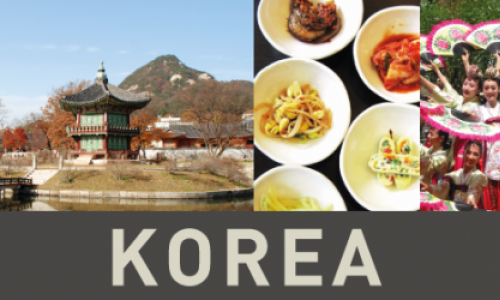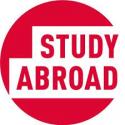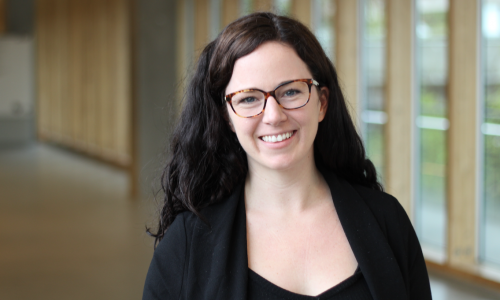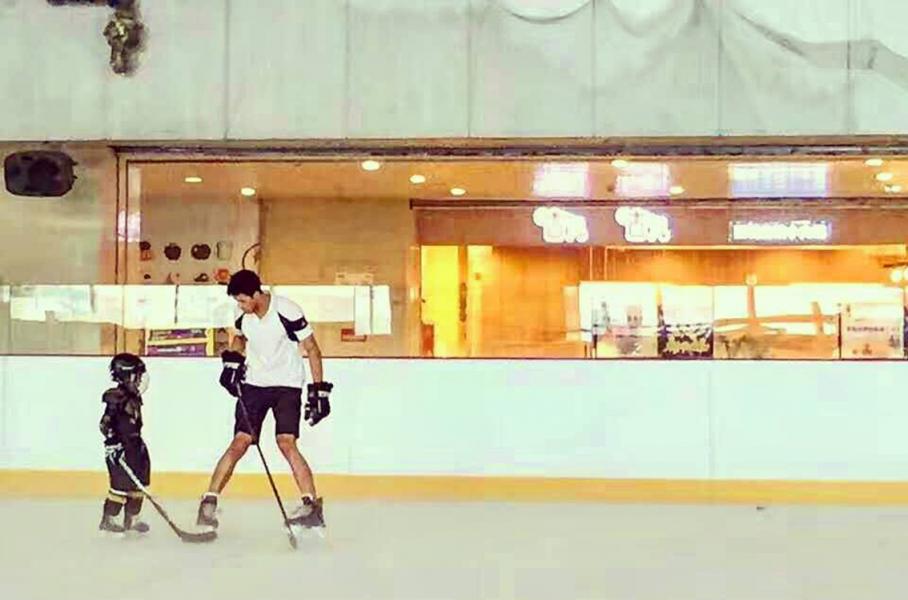
A few months ago, I would have never expected that I would spend my summer coaching hockey in China. But, how? You ask, does an economics and political science student come to be a hockey coach in China? And, how would this opportunity fit into the bigger picture of my career vision? In my case, a love of sport and lust for adventure turned my passion into a profession.
Finding myself in my 4th year of university, living with my parents, and having never left North America, I was hungry for adventure. I saw friends going to Hong Kong, France and Australia on exchange and others completing co-op in South Korea and the USA. All while travelling, having fun, and building their resumes. FOMO (Fear of Missing Out) hit me hard.
I applied for numerous opportunities and was accepted to study in Australia through SFU Study Abroad in the Spring of 2018. I was excited for this opportunity, but plans changed. I received a scholarship through the Canada-China Scholars’ Exchange Program sponsored by Global Affairs Canada (where I had previously completed a co-op term) and the Chinese Government. After a tedious multi-step application involving references, transcripts, letters of interest, and even a medical exam, I was accepted to learn Chinese at Fudan University in Shanghai for 10 months starting in September… Sorry Australia.
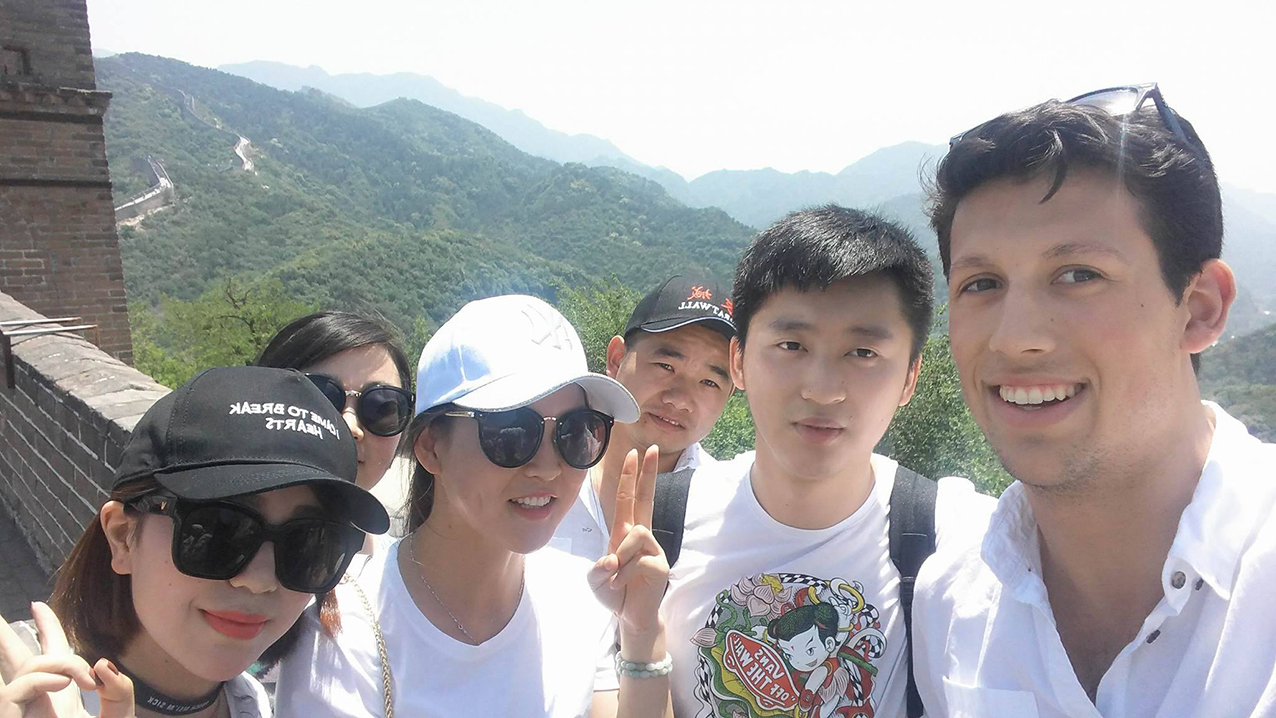
That left me four-months in the summer to do co-op before heading to China. I applied to at least 25 jobs through Simplicity and got Skype and telephone interviews for seven. Only one with the John Howard Society worked out and a follow-up in person interview was scheduled for when I returned to Vancouver from my co-op with Global Affairs Canada. However, during the four-day, 52-hour drive home (through terrifying conditions), I received a phone call that would completely change my summer plans.
One of the jobs I applied to but hadn’t heard back from in a while got back to me – an opportunity to coach hockey in China that I had found through “International Co-op” in Simplicity. The sport runs through my veins. I’ve played hockey for fourteen years, refereed for nine, and volunteered as a coach for three. Potent Hockey, a hockey equipment manufacturer and talent company based in Nantong offered me a summer position as a hockey coach in China. The offer was fantastic, and would give me an opportunity to not only get an early understanding of the Chinese language and culture, but work directly with my passion – hockey. I accepted the position and cancelled my scheduled interview.
I naturally had worries about working in a foreign country, and so did my parents. In a country that is as misrepresented in the news as China, many questions lingered. We wondered: “Will language be a challenge? Is the food safe? How is the air?” I decided to take these worries and make it a goal to overcome barriers and build my survival skills.
Now one month into my adventure I can say that language is definitely a challenge. Our team meetings require a translator and Google Translate has become my sidekick. When coaching a team of 10+ kids, a few will speak both English and Chinese, so when I explain drills, they explain to their teammates. My vocabulary is very basic, limited to essentials like asking where things are, how much things cost, and the names of some foods, and of course “skate harder!” Most of my coaching is done through show and tell and non-verbal communication, these skills have since improved out of sheer necessity.
The food in China is incredible. Everything and anything you could imagine to be edible can be found. I’ve gone in with an open mind and found I love bullfrogs, cow neck, and durian (the stinky fruit). To be safe, I peel fruits and veggies and I am vigilant about avoiding sketchy restaurants and street vendors. However, I’ve eaten many things that I couldn’t tell you what they were because nobody around me at the time spoke English. In my first week here, I tried more new things than I did the whole previous year. Street noodles and BBQ are now my go-to late night snacks.
The work is rewarding. There’s no feeling like seeing a young hockey player stop for the first time, learn to backhand, toe drag, or improve any other hockey skill, and know that I helped them get there. Likewise, it is rewarding to see parents post videos and pictures on WeChat saying how proud they are of their kid’s improvement.
This experience fits in to my future goals in two ways. First, learning the Chinese language and culture will be invaluable to my future. Learning a new language always opens new pathways, and being from Vancouver and studying at SFU I can see the growing presence and influence that China has around the world.
Second, I am pursuing a career in hockey. I am a linesman back home, playing in leagues such as the British Columbia Hockey League (BCHL). I aspire to one day make it to the WHL, IIHF or even the NHL, if things proceed that way. I see hockey through a broadened lens thanks to this experience and I now recognize opportunities beyond Canada. I’ve met contacts here at the international level (IIHF), as well as from Canada, who are interested in collaborating to grow the Chinese market. The skills and contacts I am building will be invaluable to my future hockey career.
If I could give advice to my fellow students it would be this: follow your passion and embrace uncertainty. I volunteered as a coach for 3 years because I loved it. Now, it has opened up an opportunity to work in a foreign country and learn a new language. It doesn’t matter what you do, just love what you do. Volunteerism can turn into a career and shape your life in ways you would never perceive in the moment through the connections and skills you gain.
Embrace uncertainty and leave your comfort zone, especially when you’re young and without commitments. I am thousands of kilometers and an ocean away from all my friends and family and it isn’t easy. But, I’ve learned heaps about myself and grown to appreciate many things about Canada. I long for home, but I know when I return I will be a bigger person from the experiences and knowledge gained through this opportunity.
Beyond the Blog
-
Are you interested in learning about international opportunities like Tatum's? Visit the International Co-op homepage to learn more.
-
SFU students have completed co-op in more than 100 countries. To hear more about their experiences, visit the International Co-op on the OLC.









